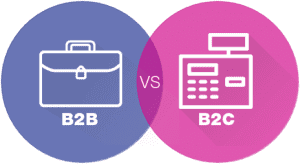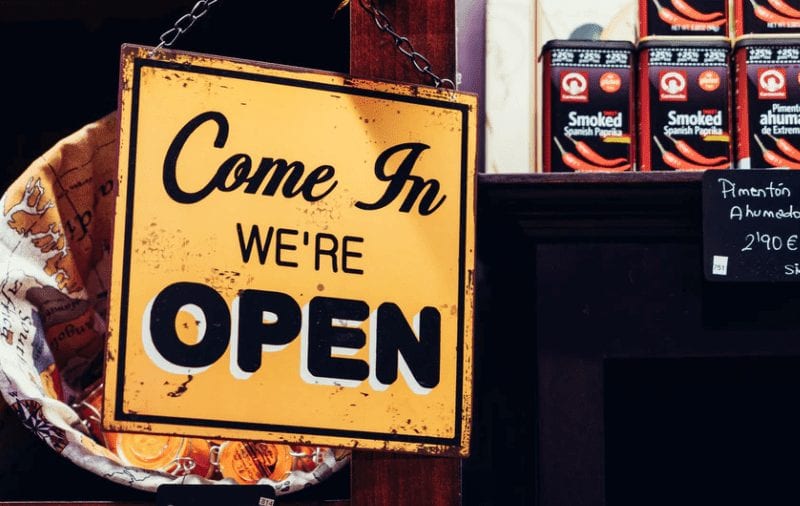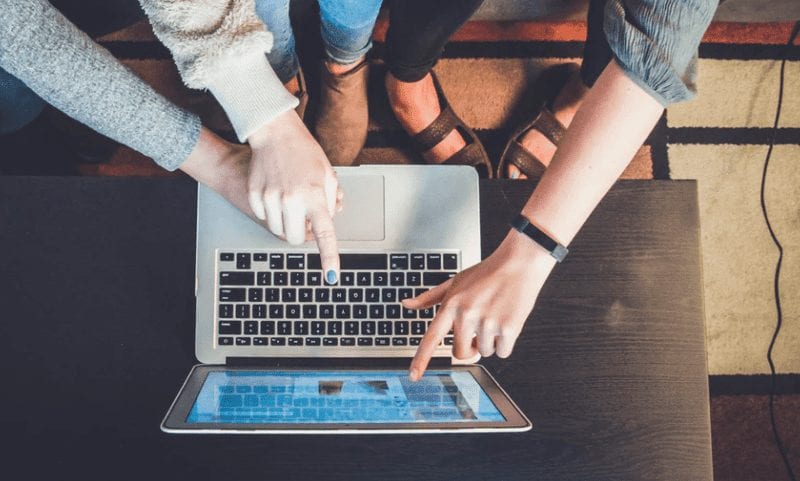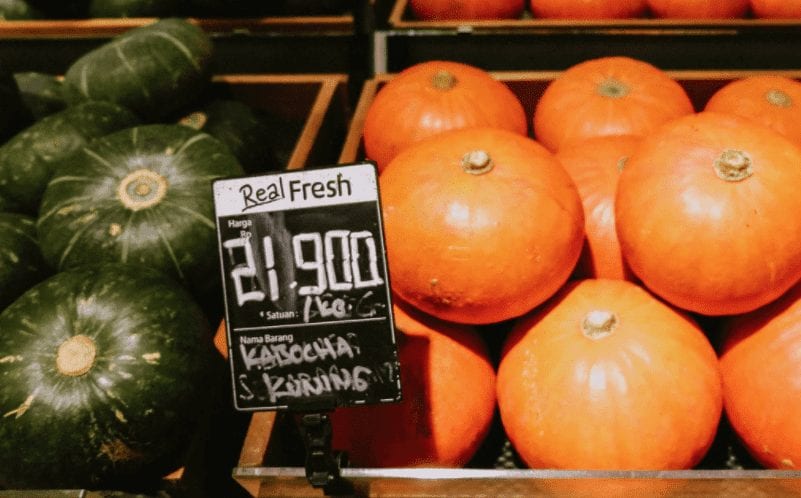navigation

Human Emotions and Customer Experience
Consumer purchasing is very often dictated by the emotional appeal of a product incited by commercials, attractive discounts and promotions, or previous emotional connections with the brand or products.
This is in stark contrast with the purchases of business customers which are generally better calculated, planned and driven by the value of the product. B2B consumers are pragmatic buyers that take the time to be sensible and practical when purchasing products. This means that when selling to B2B, you’ll need to provide them with more in-depth information about the products you are selling.

Some ways to meet the complex requirements of both B2B and B2C customers in eCommerce is to provide advanced product filtering, product suggestions and a product search engine so that products can be found easily.
Product information management and optimised mobile experience can further improve the customer experience for both types of customers.
Differences Between B2B vs B2C Customers in eCommerce
Looking to understand the key differences between B2B and B2C customers? Of course, B2B and B2C customers have very different methods and behaviours when it comes to eCommerce shopping.

While there are many things B2B eCommerce vendors are looking to copy from the B2C world – and understandably so – it is important to keep in mind how different the customer is and approach these two segments accordingly. We have listed some of these differences below.
Buying Impulse vs Rationality

The B2C purchase cycle is typically much shorter, with one-time transactions that are usually not repeated again. You’ll also want to consider careful marketing tactics to drive your customers to make a purchase, with incentives such as free delivery or promotional offers to encourage them to justify their purchases. As B2C buyers are impulse buyers, they are driven by great marketing and promotional tactics.
Whereas, B2B buyers are more likely to be committed and will buy in bulk or make logical repeat purchases. Depending on the product they are buying, these types of buyers will more than likely search for bulk discounts.
Single vs Multiple Decision-Makers

Unlike B2C consumers, B2B customers will have a more complex buying process with multiple stakeholders involved when making the decision to purchase. This means that the buying process is more thought out and can take time. As an example, B2B purchases will usually involve an end-user, point of contact and a member of the team that must approve the purchase and check that the company budget can afford the purchase.
With many parties involved in the buying decision in B2B, it is important to facilitate all specific workflows and provide the necessary information required by different stakeholders. The only way to secure a deal is to make sure that the whole decision-making group is comfortable with the solution you offer.
In contrast, B2C consumers are single decision-makers and will take less thought and consideration when making purchases.
Short-Term vs Long-Term Relationships

B2B customers are returning customers that are keen on building long-term relationships, compared to B2C shoppers that purchase spontaneously and are more likely to make one-time purchases.
B2B purchasers are looking for a trustworthy supplier that can accommodate repeat purchases and foster long-term partnerships that work for their business, although, B2B sellers must create this personalised environment for B2B buyers that suit them, including product catalogues, exclusive payment options, shipping conditions (that can be demanding) and personalised price lists.
Fixed vs Personalised Prices

Purchases made by B2C consumers usually involve set prices that are the same for all buyers, whereas B2B purchases can be more personalised with varied pricing as pricing can depend on the customer, location, negotiated contracts, demands for delivery and long-standing relationships.
In order to make the experience as smooth as possible for B2B customers, it can help to make this pricing accessible and instantly available once your business clients have logged in.